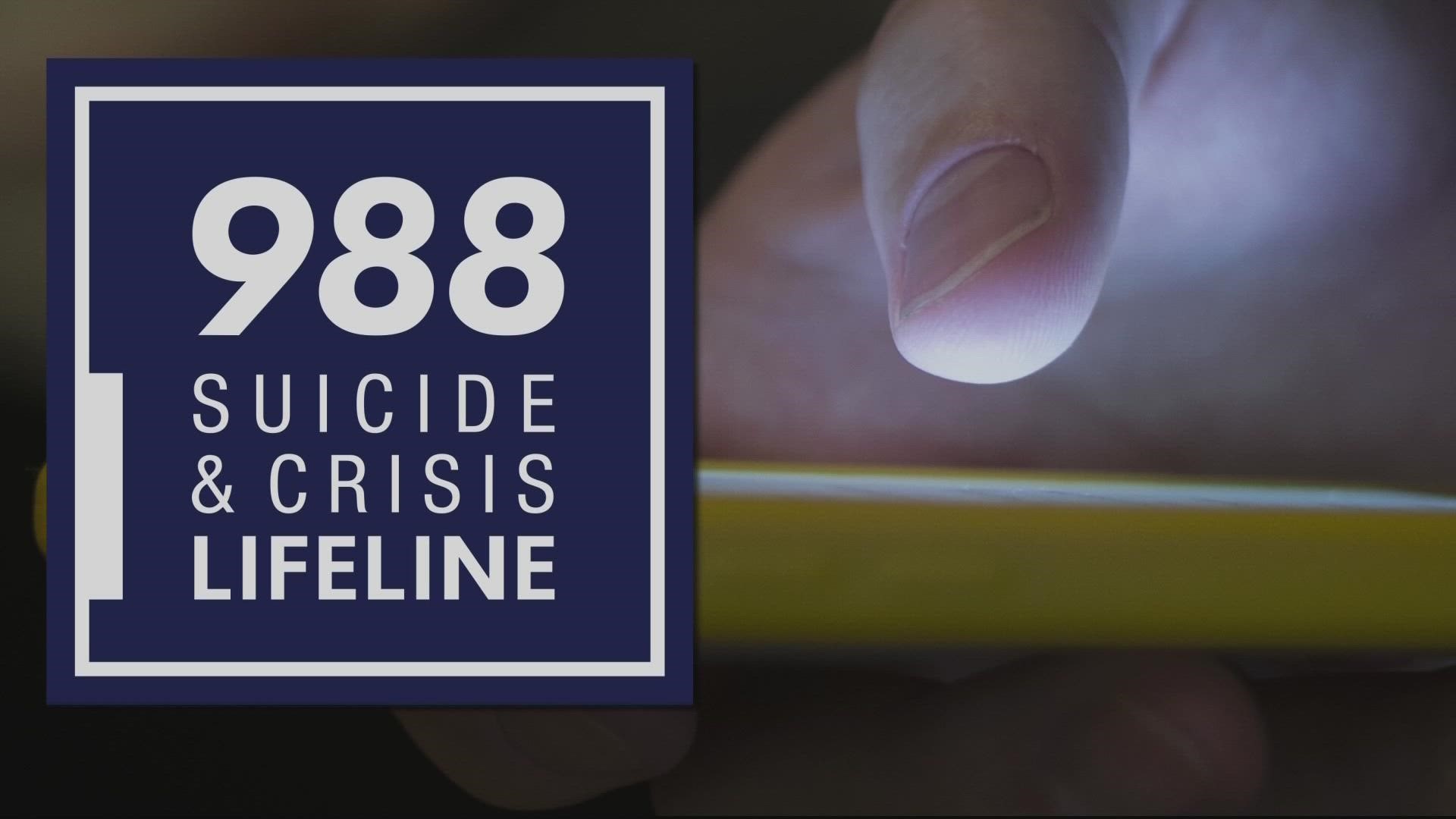PORTLAND, Ore. — The number of children using medication to attempt suicide has risen in the past 20 years. New research from Oregon Health and Science University (OHSU) shows the largest jump is among children ages 10 to 12.
According to OHSU research published in JAMA Pediatrics, the number has more than quadrupled within the past two decades within that age range. Among older adolescents, the rate at which kids are using medications found in the home to attempt suicide or self-harm has nearly doubled.
“Usually when we think about teenage suicide — we think about teenage suicide. Here, we’re not even talking about teenagers, we’re talking about generally prepubescent children ages 10 to 12,” said Dr. Mike Franz, senior medical director of Regence.
"This is a terrifying statistic, one I think brings a lot of sobriety to the way we should be thinking about what’s going on in our society and what we can do to prevent this," he added.
The research comes from Dr. Kyle Johnson and his team at OHSU’s Division of Child and Adolescent Psychiatry
“Our group did a research study looking back at our data over the last number of years and found that the vast majority of medicines used by youth to attempt suicide are those readily available in the home,” Dr. Johnson said.
His team's research shows medications found in the home were involved in nearly half of the cases.
“We know from research done elsewhere that a large proportion of youth who decide to attempt suicide make that decision within five minutes to an hour before they actually attempt,” Johnson said. “So, again, it’s very impulsive, something stressful may happen, they feel hopeless, and they decide to attempt suicide and attempt that in short order.”
That’s why he said blocking access to the means is crucial, and it can save lives. That means securing your medications at home. The best way to do that is with a medication lockbox.
“That impulsivity can lead them to make a split-second decision that can end their lives or lead to significant morbidities, such as an intensive care unit hospitalization or even a liver transplant for certain medications,” Johnson said.
“Basically, it’s a lethal means restriction approach where we really need parents to secure medications in the home — especially if there’s any increased risk for the risk of use intentionally,” Franz said.
It means keeping all medications out of reach and secured, both prescriptions and over-the-counter pills like Tylenol.
Both doctors said parents and adults must also look at the bigger picture in addressing mental health in our kids. That starts with awareness and listening.
“I think we need to start first directly with our children and as parents. We need to just be listening, be available, be present and be open. Pay attention and see what’s going on with your kids. Give them space to talk,” Franz said.
“Observe our youth to help detect any changes in behaviors, emotions, outlook on the future, because that may suggest depression or whether they might be having other anxieties or burdens. Those are all risk factors for suicide,” Johnson added.
He said asking about kids' mental health is also important.
"We know from research that asking does not increase the risk of a teenager or an adult attempting or dying by suicide. It can actually save lives. So don’t be afraid to ask if you observe a youth really struggling.”

